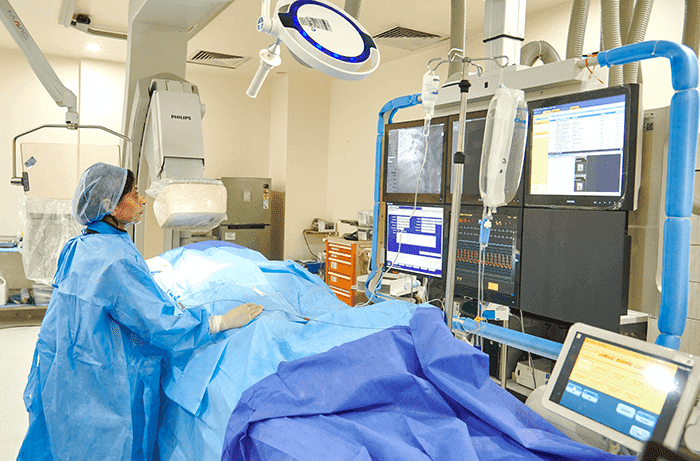×
Select Your Country
 International
International

×
Select Your Country
 International
International


The spine, or backbone, is made up of 33 tiny bones that comprise the spinal canal. The spinal canal shields the spinal cord and nerves, which carry signals from the brain to the rest of the body, from harm. Your body can twist, turn, bend, and do a number of other things thanks to these little bones because of their range of motion. Any damage or injury to one of these bones impairs your body's ability to operate, resulting in terrible pain.
Why do we need Spine Injury?
The only conditions that necessitate spine surgery are herniated discs (slipped, ruptured, or bulged discs), stenosis (narrowing of the spaces within your spine), and spinal deformity. Spine surgery may be necessary if there is serious spinal injury and excruciating pain that is unresponsive to treatment.
What is micro lumbar discectomy (MLD)?
It is a minimally invasive spine procedure. Through surgery, the disc fragment that is pressing on the nerve root is removed. Book an appointment at our Best Spine Surgery Hospital in India.
What is minimally invasive spinal fusion?
In contrast to typical open surgery, minimally invasive spinal fusion involves only a small incision to fuse two or more of your spine's bones.
Risks involved in spine surgery?
Surgery on the spine typically results in a good recovery. Very few people might experience issues like:
Infection
Nerve damage
Too much bleeding
Blood clots
Decreased flexibility of the spine
Pre Procedure
The following points needs to be considered to prepare before the spine surgery:
Eight hours before to surgery, your doctor might advise against eating solid meals.
Don't smoke before your procedure.
Avoid taking drugs that make you bleed more. Before undertaking this surgery, tell your doctor about your current medical problems and prescription medications.
Wear comfortable clothing to make dressing easier after surgery. To know more consult with the experts regarding Spine Surgery in India.
Post Procedure
The following points should be considered after the treatment procedure:
The short process of an arthroscopy lasts around an hour. You will recover from surgery in the recovery area for a few hours before being released the same day. Your doctor recommends painkillers, physical therapy, and rehabilitation to help you rebuild the strength in your muscles and joints so that you may resume your regular activities. Complete healing could take a few weeks.
The patient should consult the doctor in case of:
Fever
Extreme headache
Pain despite taking medication
Swelling and redness
Excess drainage of fluids from the incision
Numbness and tingling sensation